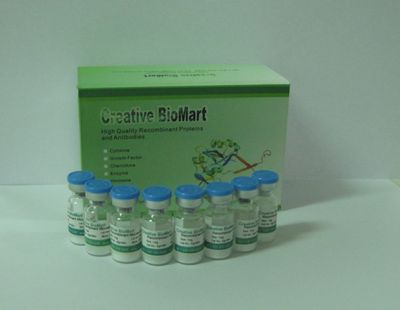| Message: | Acetylation of histones, including histone H3, have been involved in the regulation of chromatin structure and the recruitment of transcription factors to gene promoters. Histone acetyltransferases (HATs) and histone deacetylases (HDACs) play a critical role in controlling histone H3 acetylation. Histone acetylation is tightly involved in cell cycle regulation, cell proliferation, and apoptosis. An imbalance in the equilibrium of histone acetylation has been associated with tumorigenesis and cancer progression. Histone H3 acetylation may be increased by inhibition of HDACs and decreased by HAT inhibition. The reversible lysine acetylation of histone H3 may play a vital role in the regulation of many cellular processes including chromatin dynamics and transcription, gene silencing, cell cycle progression, apoptosis, differentiation, DNA replication, DNA repair, nuclear import, and neuronal repression. Detecting if histone H3 is acetylated at its lysine residue would provide useful information for further characterizing the acetylation patterns or sites, thereby leading to a better understanding of epigenetic regulation of gene activation, and development of HAT or HDAC-targeted drugs.
https://www.creativebiomart.net/total-histone-h3-acetylation-detection-fast-kit-fluorometric-463102.htm |
 my account
my account
 log out
log out
 my account
my account
 log out
log out
